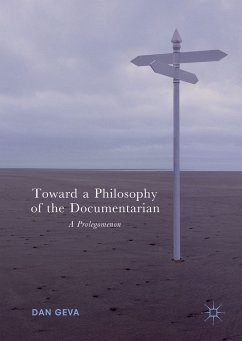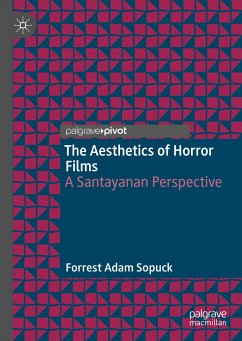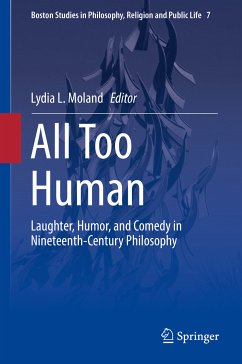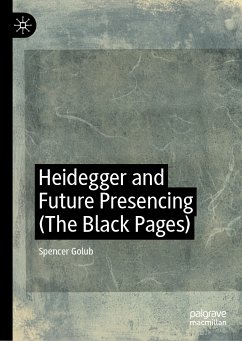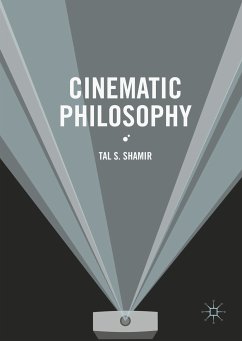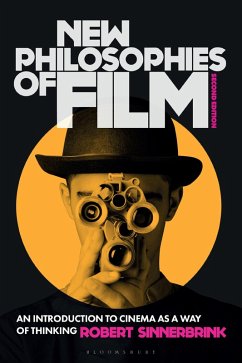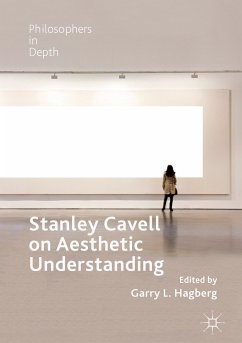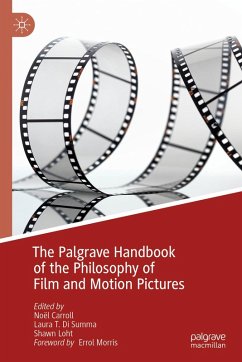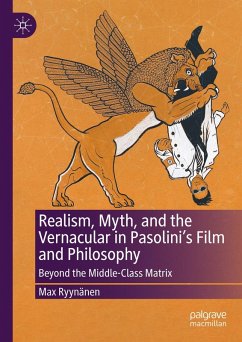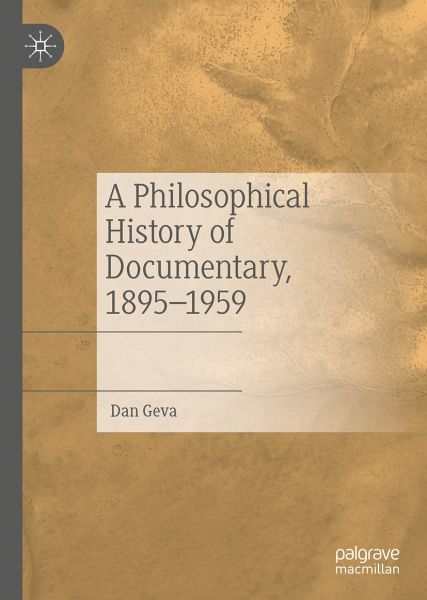
A Philosophical History of Documentary, 1895-1959 (eBook, PDF)
Versandkostenfrei!
Sofort per Download lieferbar
72,95 €
inkl. MwSt.
Weitere Ausgaben:

PAYBACK Punkte
36 °P sammeln!
This book presents a chronology of thirty definitions attributed to the word, term, phrase, and concept of "documentary" between the years 1895 and 1959. The book dedicates one chapter to each of the thirty definitions, scrutinizing their idiosyncratic language games from close range while focusing on their historical roots and concealed philosophical sources of inspiration. Dan Geva's principal argument is twofold: first, that each definition is an original ethical premise of documentary; and second, that only the structured assemblage of the entire set of definitions successfully depicts the...
This book presents a chronology of thirty definitions attributed to the word, term, phrase, and concept of "documentary" between the years 1895 and 1959. The book dedicates one chapter to each of the thirty definitions, scrutinizing their idiosyncratic language games from close range while focusing on their historical roots and concealed philosophical sources of inspiration. Dan Geva's principal argument is twofold: first, that each definition is an original ethical premise of documentary; and second, that only the structured assemblage of the entire set of definitions successfully depicts the true ethical nature of documentary insofar as we agree to consider its philosophical history as a reflective object of thought in a perpetual state of being-self-defined: an ethics sui generis.
Dieser Download kann aus rechtlichen Gründen nur mit Rechnungsadresse in A, B, BG, CY, CZ, D, DK, EW, E, FIN, F, GR, HR, H, IRL, I, LT, L, LR, M, NL, PL, P, R, S, SLO, SK ausgeliefert werden.



